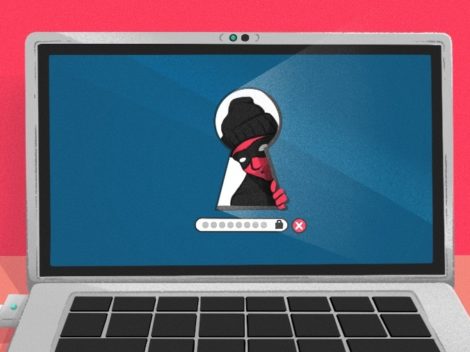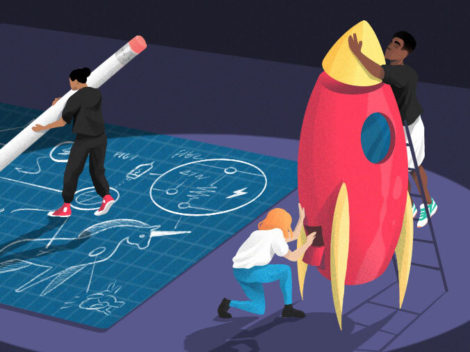Tech is known for disrupting new industries and generating big bucks, but those solutions often overlook the underprivileged and unheard voices.
Day Two of Disrupt SF featured some innovators who are changing the game by applying tech to solving tough societal problems.
Tiffani Ashley Bell (The Human Utility), Andrew Frame (Citizen), and Rosanne Haggerty (Community Solutions) spoke with former DC mayor Adrian Fenty on how they are leveraging tech to make social impacts. First, let’s take a took at what each founder does:
- A few months ago, Andrew Frame launched Citizen, a public safety app which helps users keep track of incidents around them, in New York City. Today, Frame just announced that the app is coming to San Francisco.
- Tiffani Ashley Bell founded the Human Utility (previously known as the Detroit Water Project) back in 2014 with the goal of helping low income and elderly families with their water bills. To Bell, water is a human right and should be accessible for everyone.
- Rosanne Haggerty heads Community Solutions, an organization helps communities address homelessness by optimizing their existing resources.
The three civic tech leaders share the vision of using tech to improve individual lives and bring positive change to the world.
In fact, Frame recognizes the trend that more people are asking themselves the questions of “what, if any ,will be the consequence of what I’ve built?” and “is this ultimately gonna be good for the world?”
When asked how they plan to scale and reach more people, the three panelists all prefer to expand city by city, and community by community, unlike the typical sentiment in Silicon Valley to move fast and scale.
“We’re looking at other cities, but mostly just Detroit and Baltimore. We want to try to understand what’s happening in each community, who the community partners with etc. Our job is not to keep paying water bills. People need to become self-sufficient and governments need to see the problems,” said Bell.
The panelists brought up the idea of using data and analytics to facilitate their work and efforts similar to theirs. Data can not only help characterize the problem but also serve as a good starting point for helping affected people.
Bell gave an example from her own experience: “If we have 200 [people] applied this quarter, and 120 don’t have jobs right now, what can you do for these people? [The next step would be] connecting [them] with workforce development agencies.”
Haggerty realizes that after understanding the numbers, her team can then get a lot done by getting down to the suffering individuals: “Once we identified specific people and problems, we can form a team to change the situation.” The Brownsville Partnership, one of Community Solutions’ main programs fits this model. Collaborating with workforce agencies and social services organizations, Community Solutions helps more people in Brownsville, Brooklyn find jobs, and thus reduces homelessness.
According to these founders, tech for good’s ultimate goal is for them to lose their necessity, since the existence of their organizations means that there are still societal issues to be solved.
Maybe it’s time for the tech community to look outside its bubble of trying to personalize people’s news feed or shopping preferences, and start thinking about how it can contribute to social good.

Stay up to date with recent funding rounds, acquisitions, and more with the Crunchbase Daily.




![Illustration of blender with random icons and M&A buttons. [Dom Guzman]](https://news.crunchbase.com/wp-content/uploads/MA_blender-470x352.jpg)


![Illustration of a guy watering plants with a blocked hose - Global [Dom Guzman]](https://news.crunchbase.com/wp-content/uploads/quarterly-global-3-300x168.jpg)
67.1K Followers